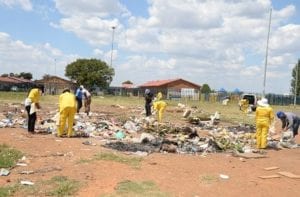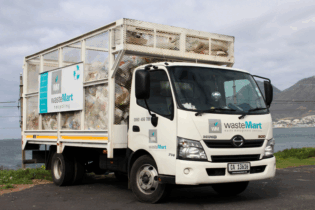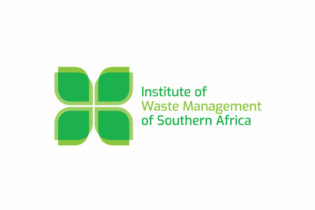A UWC-based initiative is set to explore how to clean up some of South Africa’s filthiest cities.
The Department of Science and Technology (DST), with the support of the Department of Environmental Affairs and the South African Local Government Association, focused the 2018/19 research grant call under the Waste Research, Development and Innovation Roadmap (Waste RDI Roadmap) on projects aimed at providing insight into why South Africans litter and dump waste illegally. The Waste RDI Roadmap is a DST-funded programme implemented by the Council for Scientific and Industrial Research (CSIR). Grants were awarded for two large, multi-year research projects, starting in January this year. These projects are aligned with President Cyril Ramaphosa’s Good Green Deeds campaign, which is aimed at cleaning up South Africa. First announced in September last year, the campaign was launched by Ramaphosa in the Eastern Cape. The first research project has been awarded to Professor Catherina Schenck, the new SA Research Chairs Initiative (SARChI) 1 Research Chair in Waste and Society, which is based at the University of the Western Cape.In partnership with other South African universities, Schenck will explore the root causes of increasingly filthy towns and cities.
And furthermore explore the infrastructure needed to keep them clean, as well as possible approaches that could be adopted to keep urban areas cleaner and how much this would cost municipalities. The second project, awarded to Anton Nahman, the principal researcher at the CSIR, will evaluate the root causes of the price difference between landfilling and alternative waste management options and instruments that the government might use to encourage municipalities to divert waste away from landfills. The output will be a decision-support tool to help the government. Cleaning up litter and illegally dumped waste costs South African municipalities hundreds of millions of rand every year – money that could be directed into socio-economically productive activities, including recycling, informal sector support and improved waste collection. “South Africans need to change their attitude and behaviour. It starts with each one of us,” said DST director of environmental technologies and services Dr Henry Roman.





